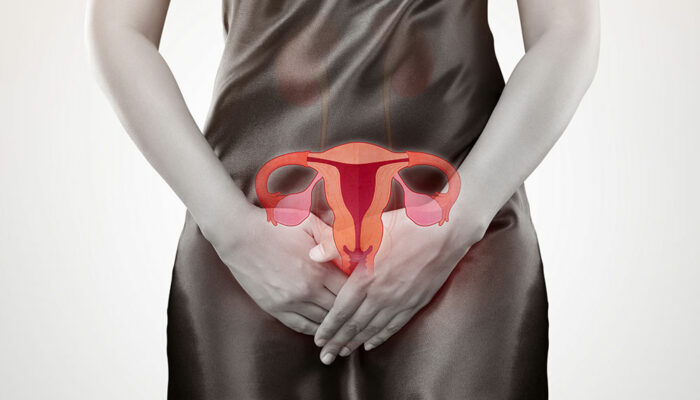
Early Signs of Menopause
Menopause marks the time when a woman’s menstrual cycle slows and stops. By the time a woman reaches her forties, her periods may begin to change and her fertility declines. This phase is known as perimenopause, which marks the transition between childbearing years and full menopause, which is marked by 12-months or longer with no menstrual period. Typically, perimenopause takes place over the course of 4 to 10 years. A woman can get an idea of when to expect to reach menopause based on her family history; and may experience these common symptoms:
1. Hot flashes and night sweats
During perimenopause, hot flashes can occur at random times but are more common in the later stages. They can be sudden and last for a few seconds or minutes at a time and repeat throughout the day. Waking up in a sweat sometimes happens as well. Sometimes, during a hot flash, a woman may also notice heart palpitations. Women can find some relief from these symptoms by removing clothing layers to stay cool. In bed, using a sheet or light blanket can help when night sweats occur. Using a personal hand-held fan can also help keep cool during the day when hot flashes occur.
2. Anxiety and low mood
Anxiety and low mood can happen to some women as they proceed toward menopause. It’s possible to feel fine one moment and then upset during the next. Along with a lot of the other side effects that occur during this natural time of transition, women can experience anxiety due to hormone changes.
3. Disrupted sleep
Many women notice significant changes in their sleep as they go through menopause. Their sleep may be disrupted; some might have no difficulty falling asleep but then abruptly wake up during the night and have trouble falling back asleep. Others may find it hard to fall asleep or get woken up easily by outside sources such as noise or temperature changes. Some natural methods can help improve a woman’s sleep during menopause. Chamomile tea, reducing screen time at least an hour before bedtime, and taking a soothing bath before bed can all help.
4. Reduced libido
One of the most common symptoms of menopause is a reduced libido. Women might have trouble becoming aroused and experience a lack of interest in sexual activity where they used to enjoy it. However, when women have support from their partners and see their OB/GYN, they can find solutions to help them enjoy sex again.
5. Irregular periods
As women progress through perimenopause, their menstrual periods become more irregular. It’s normal to go from a regular, predictable cycle to only having a period once every six or eight weeks. There may also be changes to the amount of blood present during their periods. A woman doesn’t officially reach menopause until she goes a full 12 months without a menstrual period. All women will eventually go through this natural time in life.



